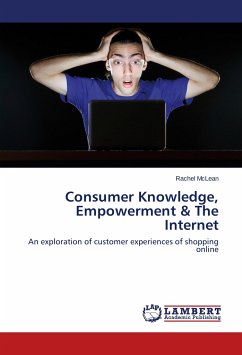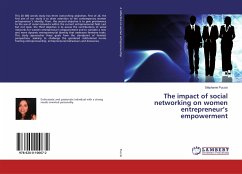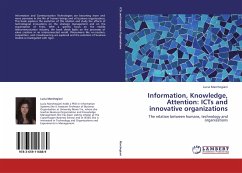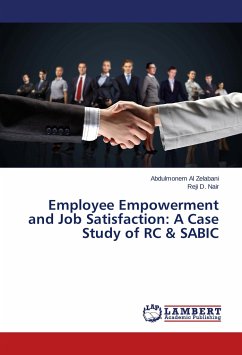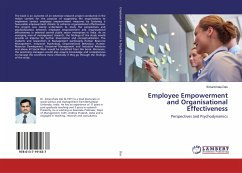From a Critical Social Theory (CST) perspective this work critiques assumptions that the internet brings about consumer empowerment through increased product information, and opportunities to communicate and share knowledge with companies and other consumers. It demonstrates that this assumption derives from the technologically determinist school of Information Systems (IS) thinking which is grounded in the myth that technology per se brings huge benefits, including wealth and empowerment. Illustrating that information systems development traditionally lacks a sense of audience failing to provide what the users want, it suggests that this phenomenon merits more sophisticated consideration of not only the technology, but also of eCommerce providers and users. Drawing on both theories of hermeneutics and semiotics the phenomenon is explored from the perspective of both companies and customers. Vast incongruity in the needs and values of customers and companies exists. Consumer empowerment remains a myth. Ingrained company / customer power relations prevent true empowerment. Companies should listen to consumer experiences and adapt services appropriately.
Bitte wählen Sie Ihr Anliegen aus.
Rechnungen
Retourenschein anfordern
Bestellstatus
Storno

